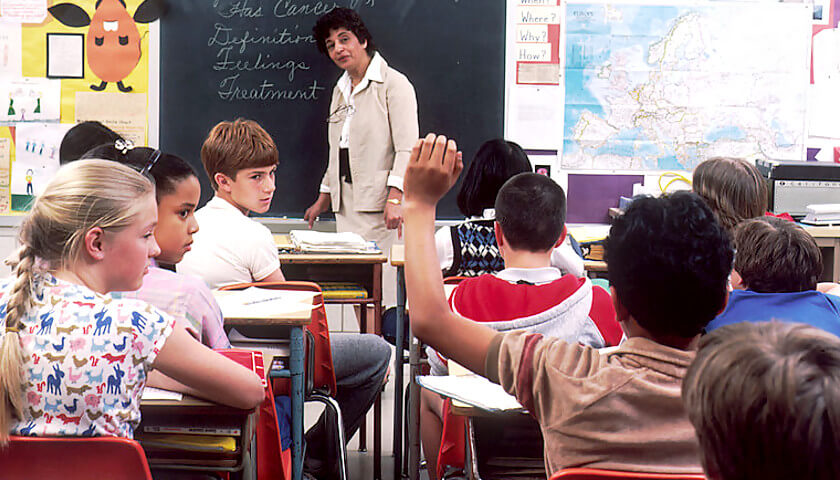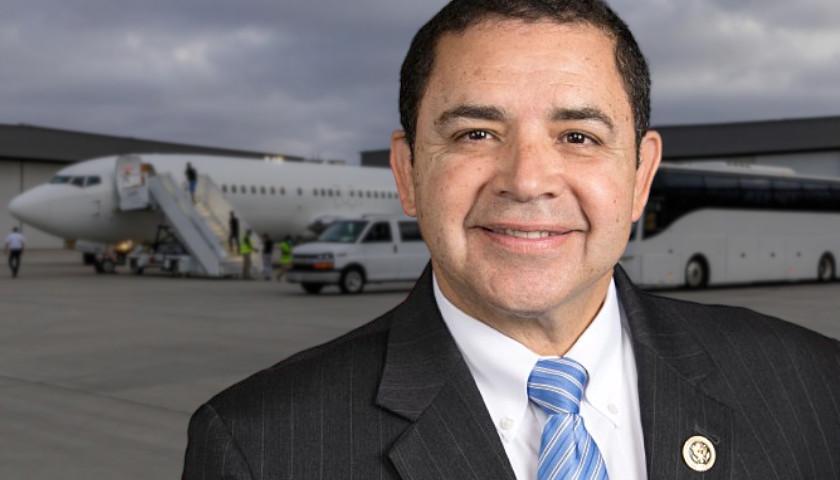by Nicole Russell
School districts around the country have been announcing reopening possibilities for the upcoming school year. The options often include full-time virtual learning, two or three in-person days at school, or a combination of the two.
In a few districts, I’ve seen four or five suggestions.
Public schools in Fairfax County, Virginia, one of the wealthiest counties in the country, announced that regardless of officials’ final decision, kids will have only a four-day school week. The fifth day would be reserved for teachers.
Fairfax County Public Schools are only giving families these two options:
(1) Virtual instruction 4 days a week
(2) In-person instruction for 2 days, maybe 3 or 4 daysEither way, students will only get a maximum of 4 days of instruction.
Aren't families paying for 5?🤔
— Corey A. DeAngelis (@DeAngelisCorey) June 26, 2020
This is just one example of why it’s important for taxpayers to observe their school district’s decisions, ask questions, and generally attempt to hold public schools accountable for providing the education our children deserve.
Although some school districts handled stay-at-home orders and virtual learning with relative ease and success, many struggled to provide even basic required information.
In Washington, D.C., the public schools provided some online learning assignments, but didn’t keep track of whether students completed them.
In Wichita, Kansas, the school district’s material hardly equated to half of what students would have learned on a weekly basis.
In Fairfax County—again, one of the wealthier counties in the country—school officials provided access to resources but failed to provide day-to-day instruction.
In Tarrant County, Texas, where I live, students did have day-to-day instruction and materials, but it was not streamlined for several weeks. Students learned little to no new information.
In May, Lindsey Burke, director of The Heritage Foundation’s Center for Education Policy, went so far as to suggest parents get a refund from public school districts that drew in taxpayer dollars but failed to hold up their end of the bargain by providing adequate education.
If a restaurant fails to produce the meal you requested, you demand either a new entree or a refund, don’t you? Why aren’t we as demanding of public schools?
Often, parents say or do little because of the difficulty of trying to create change within a school district, which often feels like a giant bureaucracy.
It’s vital to remember that public schools are funded by local property taxes and state taxes, along with a small share from the federal government. Keep in mind, however, all of these revenue sources are taxpayers.
Nationally, average per-pupil spending is now nearly $15,000 per year—the bulk of which is financed via property taxes.
So this isn’t just about the fact that your child can’t access his public school—this is something you’re paying for, too.
How can taxpaying parents keep public schools accountable? At a minimum, parents should expect and demand a few things.
For many working- and middle-class parents, having their children physically back in school will be an integral part of regaining job security and recreating economic stability. Virtual learning can work well, but it isn’t the right fit for every child.
Because children seem to be nearly immune from COVID-19—and evidence suggests it’s rarely fatal if they do contract it—schools should reopen five days a week, both in-person and virtually. This would give parents the option to choose which scenario they feel most comfortable with and which fits their family best.
While giving recommendations on reopening schools, Burke suggests, “Congress should provide spending flexibility with existing education dollars” via the Coronavirus Aid, Relief, and Economic Security Act passed in April. She goes on to explain:
The [coronavirus relief package] allowed schools flexibility to carry forward unused Title I spending and repurpose existing professional development spending for online instruction. Congress should build on this flexibility and allow states to use all of their existing federal education dollars for any lawful purpose under state law.
Although COVID-19 has challenged our nation’s school systems, they need to get back to work, and do so well, for children who rely on public school education. Families who homeschool or send children to private school also have an interest at stake, because their tax dollars are funding a system that often is deemed too large to change.
Since children missed one-third of their in-school education in the past school year, the upcoming school year is too important to mess up. Parents must try to hold public schools accountable.
– – –
Nicole Russell is a contributor to The Daily Signal. Her work has appeared in The Atlantic, The New York Times, National Review, Politico, The Washington Times, The American Spectator, and Parents Magazine.





